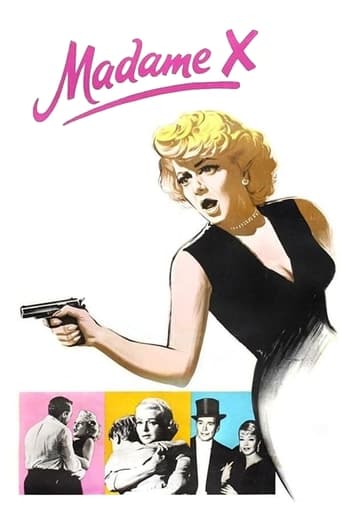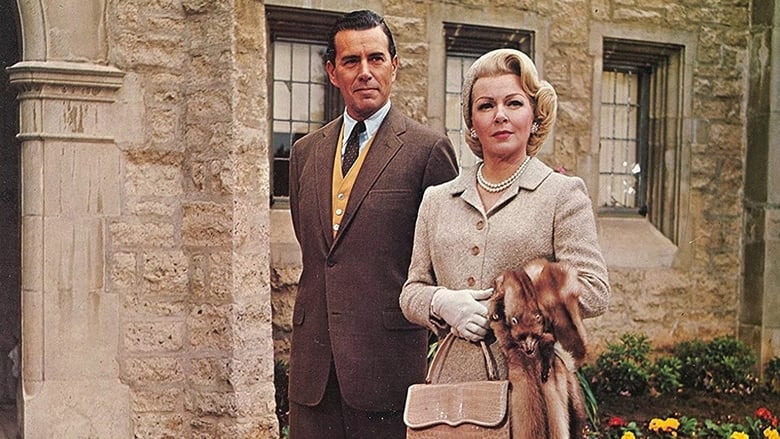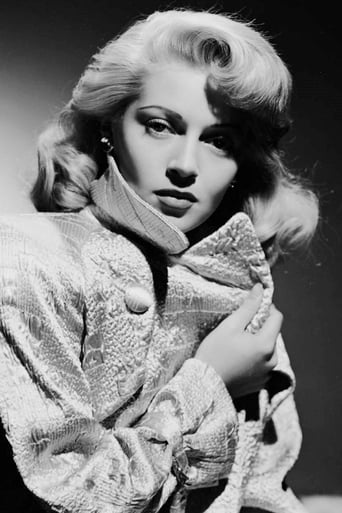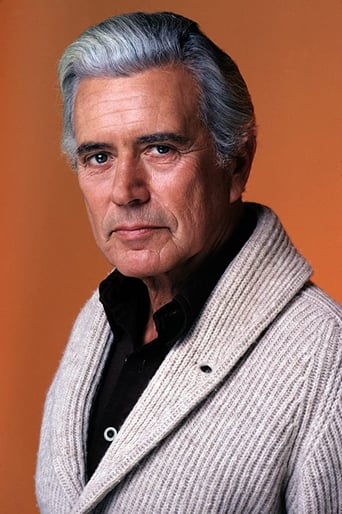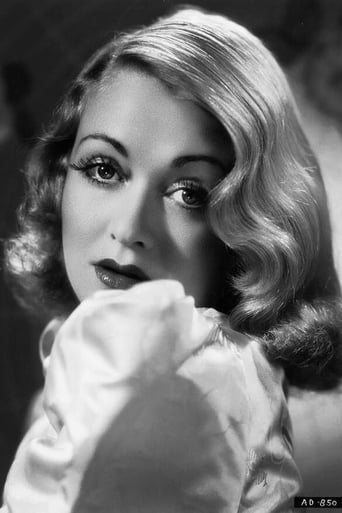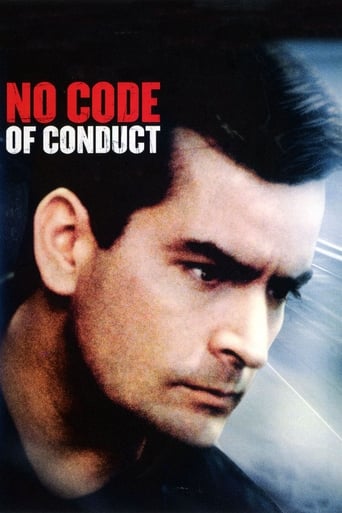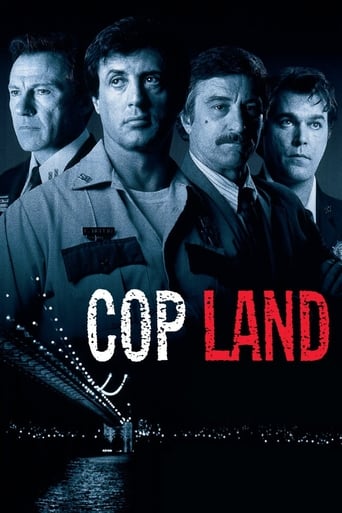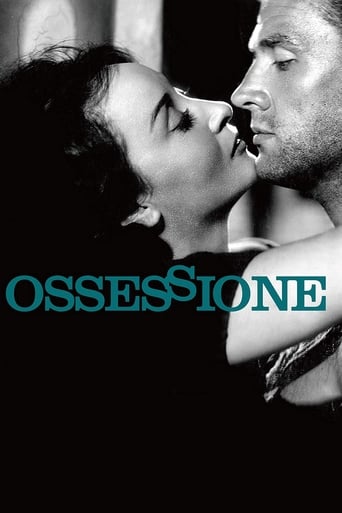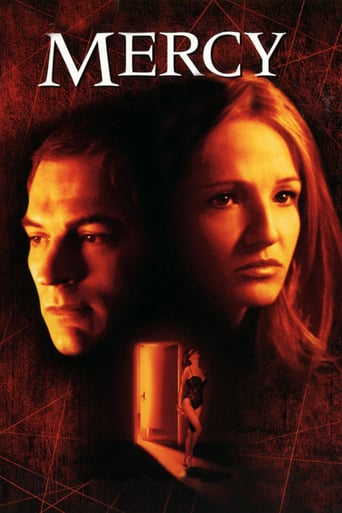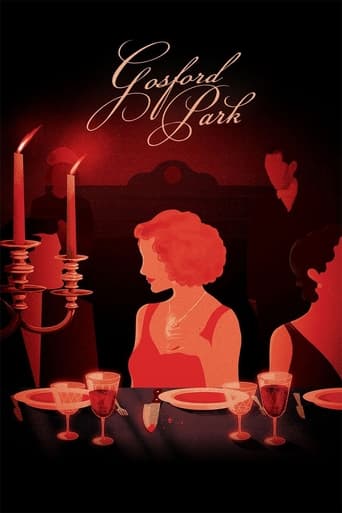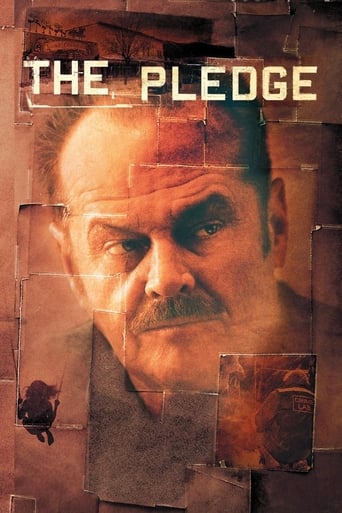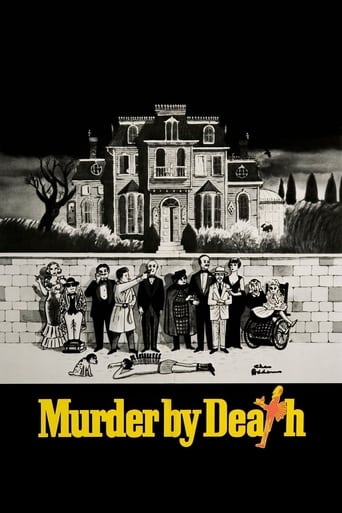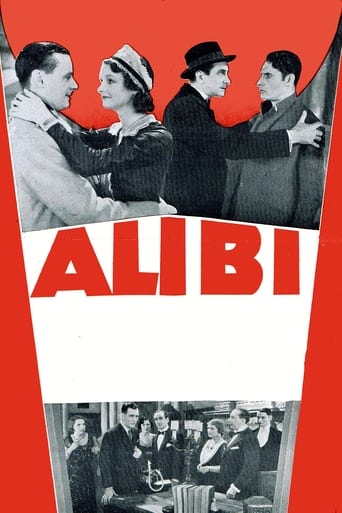Madame X (1966)
A woman married to a wealthy socialite, is compromised by the accidental death of a man who had been romantically pursuing her, and is forced by her mother-in-law to assume a new identity to save the reputation of her husband and infant son. She wanders the world, trying to forget her heartbreak with the aid of alcohol and unsavory men, eventually returning to the city of her downfall, where she murders a blackmailer who threatens to expose her past. Amazingly, she is represented at her murder trial by her now adult son, who is a public defender. Hoping to continue to protect her son, she refuses to give her real name and is known to the court as the defendant, "Madame X."
Watch Trailer
Cast


Similar titles
Reviews
Why so much hype?
Don't listen to the Hype. It's awful
A movie that not only functions as a solid scarefest but a razor-sharp satire.
Let me be very fair here, this is not the best movie in my opinion. But, this movie is fun, it has purpose and is very enjoyable to watch.
If you're looking for a movie to put you to sleep, you couldn't do better than this, last (one hopes) version of Madame X. Not only is it stupefyingly slow and empty (the scarcity of characters emphasised by the huge rooms), the actors seem to be sleepwalking, and the writers were definitely nodding. There are enough holes in the story big enough for elephants to stampede through. A couple of hours after Lana Turner's evil mother-in-law orders her to disappear rather than disgrace the family, she gives her a false passport. How did this Connecticut housewife come up with that? I guess we're supposed to assume that rich people can do anything. On the last day of the trial, Turner hears her attorney's full name for the first time-- apparently she hasn't been paying too much attention. We are never told why Turner, who receives money to live on, descends into near- destitution while becoming an alcoholic. (Liquor isn't that expensive. Or perhaps the money hasn't increased in the twenty-plus years she has been away?) And why does Turner travel to Denmark? Why to Mexico? Why does her mother-in-law hate her so much for having been a salesgirl (which we are not told until the marriage is several years old) and say that she disgraces the family? We have not seen Turner do or say anything ignorant or vulgar.One has to assume that the writers knew they were dealing with something irredeemable, didn't care, and assumed the audience would not care or wouldn't notice. The latter seems reasonable in view of the fact that Madame X is full of not only carelessness but fantasy. We are supposed to believe that nothing changes in the world of fashion-- she and Constance Bennett are shown in the clothes and hairstyles of the time the movie was made when the action is taking place in the early Forties, and the decor in Ricardo Montalban's apartment is Sixties as well. And of course nobody mentions the war. A young lawyer is given, as the first case he ever tries, a murder case. The trial proceeds with arguments and testimony that anyone who has watched a few courtroom dramas would know to be ridiculous. The biggest fantasy pertains to Turner. We are supposed to believe that this matronly woman, 45 if she is a day, is, at the beginning of the picture, in her early twenties. We are supposed to believe, as more than one man demonstrates, that to know her is to adore her, even though she says and does nothing interesting or appealing. In other words, this is a big fantasy for the not-very-bright middle- aged woman who loves TV soap opera. Because that is what Madame X is, a blown- up, hollow version of daytime TV.Incidentally, why is she Madame X and not Mrs. X? She is not French, and none of the picture takes place in France. But the original play was French and the earlier movies were set there, not in, like this movie, New York and Connecticut. But a brand name is a brand name-- Madame X is the famous title, so it must be adhered to. Besides, calling the movie Mrs. X would be too appropriate: the humble, ordinary name would much more accurately describe this movie, which, for all the expensive gowns and jewels, is drab and cheap.
The often filmed Alexandre Bisson play had been through various variations (including two talking pictures) when Ross Hunter pulled this rabbit out of his tear stained hat for Lana Turner's final "A" picture before she moved down, down, down the ladder of movie stardom. Having already had her pull a Fanny Hurst (with "Imitation of Life"), Hunter went way out of his way for a lavish treat that reeks of the later prime-time soaps where faded movie stars (such as Turner and her leading man John Forsythe) made tremendous come-backs.Forsythe is a blue-blooded Bridgeport Connecticut diplomat, returning from his honeymoon with his beautiful bride (Turner), graciously greeted by his elegant mother (the still gorgeous Constance Bennett) who immediately throws them a huge society gala since she was unable to plan the lavish wedding she had wanted for her only child. It is at this party where the audience first glimpses Bennett's antipathy towards her new daughter-in-law, looking on in concern as Turner is swept away by the romantic Latin Lothario Phil Benton (Ricardo Montalban) who is notorious amongst lonely society ladies and begins to squire Turner around while Forsythe is away on diplomatic business. It explodes when Turner tries to break off with the future Mr. Rourke, finding no Fantasy Island with his possessiveness. An accidental fall down the stairs results in a broken neck and a tongue-lashing from the mother-in-law who had seemed so Brooke Astor before being revealed to be more like Rose Kennedy. Banishment follows with Turner being presumed dead, and even with an annual allowance from Bennett, Turner sinks into degradation, desperately missing her young son.After breaking the heart of a renowned musician (John Van Dreelen), Turner ends up in Mexico where now a drunk Turner (with caterpillar like eyebrows) is rescued from whiskey withdrawal and an angry landlord by the opportunistic Burgess Meredith. He discovers her secret past and arranges for them to go to New York where Turner turns to murder to keep her secrets and to protect her son. On trial for killing the sleazy Penguin, it is none other than her own son (Keir Dullea in a heart-felt performance) who defends her, and when a gray haired Forsythe and white haired Bennett show up in court, the truth is threatened to be revealed.Dramatic music by Frank Skinner highlights the emotions of this weeper where unless your nickname is Scrooge, you are destined to start balling. Fascinating silent reactions in court by Forsythe and Bennett add to the dramatic tension, as does Dullea's emotional involvement in the case. No expense seems to be spared in the elegant settings, and everything is appropriately lush and dramatic. Turner's performance goes from slightly insecure bride to lonely wife to lost soul, and when she turns up in Mexico looking even older than a blowzy Joan Blondell or Ann Sothern, the effect is shocking. Her drunk scenes are fascinating, and she will wow you in the emotional court scenes. Montalban and Meredith are appropriately sleazy, and Forsythe is as elegant (if not as hot tempered) as he was as Blake on "Dynasty". Frank Maxwell, best remembered for his role as the compassionate hospital administrator for years on "General Hospital", is very good as the New York doctor (presumably at the Tombs) who treats Turner and stands by her throughout the trial.However, the acting honors to to the understated Constance Bennett who appears almost to be Turner's contemporary in the first half hour. While I would have loved to have seen Hunter's first choice (Kay Francis) in this part, I was very impressed with Ms. Bennett. Sadly her swansong (as she passed away prior to the premiere), Bennett makes a lasting impression that you'll never forget. While there are many elements in the film that could be considered preposterous or melodramatic, there are many that are satisfying and emotional moments that make this a must-see, a repeat viewer and ultimately, one of the classic cult films to come out of the 1960's.
Not just women, but men, too, will be drawn into this touching and gripping drama. This is, at least the fifth version of the classic story which tells of a woman's overwhelming love for the Husband and Son from whom she was cruelly parted. Lana Turner plays Holly Parker, whose marriage to Blueblood Clayton Anderson (John Forsythe) propels her into a world of wealth and power. Though the marriage is happy, and produces a son,Clay Jr, (Teddy Quinn/Keir Dullea), her husband's political ambitions and long absences tempt her into an affair with Playboy Phil Benton (Ricardo Montalban). When he is accidentally killed, Holly's Aristocratic (and opportunistic) Mother-In-law, Estelle (Constance Bennett) who, from the start, considered her an inferior (and hired a private detective to shadow her) moves in for the kill,using the threat of a potential scandal to blackmail her into leaving the country.She quickly provides Holly with a new identity, and financial support. Things go from bad to worse for Holly from there, as she wanders aimlessly around the world attempting, without success, to forget the blow fate has dealt her. Alcoholism and prostitution soon follow, as does slimy character Dan Sullivan (Burgess Meredith) who tries to profit from her past-leading to a climax which allows Turner to do some of the best work of her career. Producer Ross Hunter, who favored aging Stars from the past (Jane Wyman, Barbara Stanwyck Ann Sheridan and Joan Bennett were some) also loved remaking Soap Operas in High Style, though the films were actually made on low budgets. The costumes, the gorgeous Technicolor photography (by veteran Russell Metty) the glittering jewels and the impressive lineup of big Names helped considerably to disguise the fact that this was almost all filmed on the Universal Lot. Turner had worked with Hunter before on the very successful ''Imitation Of Life, and ''Portrait In Black'.' ''Madame X'' was their third collaboration.By the 1960's though, the plot was considered out of date, and the film was a financial failure. When it was first shown on TV, however, it garnered a huge audience, who were able to fully appreciate it, and it's success there may well have paved the way for nighttime soaps like ''Dallas'' and ''Falcon Crest''.Although it's unmistakably Turner's vehicle, the hand picked supporting cast is excellent. Alas, it was 30's star Bennett's last film,but, (looking radiant) she made the most of it. The direction by David Lowell Rich was equally fine, and the Production, especially the music score by Frank Skinner, was perfect. Lana, though showing her age in the early scenes, (in fact, she looks downright matronly when she is supposed to be a young bride) redeems herself by the finale, giving a heart-wrenching performance at her trial.Both she and Dullea are truly touching. And those viewers who can surrender their cynicism and just enjoy the story for what it is- Soap Opera Par Excellance, will be amply rewarded. Madame X was remade yet again (in 1981) with Tuesday Weld in the Title Role-she proved up to the task, but, for my money, this version is unbeatable.
If you've never seen this film, you need to. Even if melodramas or Lana Turner isn't your ideal night at the movies. If only to see that you can cry, because you will cry. If you see this movie and you're not in tears by the end, you need to check yourself in somewhere, 'cause, honey, you need help.To say anything about the plot wouldn't be fair. But, I will say that Lana was absolutely great, especially in pivotal scenes near the end. But what she goes through! And, talk about Utopia! It contains what I consider one of the most peaceful scenes I've ever seen, when she is resting and Christian is playing the piano. Such serenity!!The only reason I give this a 9 instead of a 10, is because of John Forsythe. Maybe the role didn't call for him to be very emotional, but he seemed kind of stiff throughout the movie, when I thought he should be more emotionally involved. Maybe, if they had cast that role better. And, while Keir Dullea seemed that way, also, his boyish appearance and effeminate (spelled correctly??) looks, with those baby blue eyes, made him look more emotional and/or vulnerable. Plus, he had some great scenes with Lana. But, Constance Bennett was great in her very memorable (and last) role.If I had any major problem with it, it's the very, very end, as Keir and John walk together. Their walk is so wooden. Maybe, they thought we'd be a basket case and not notice. But, it kind of bothers me, that they move like robots.But this is an experience not to be missed and should be watched by any lover of melodramas (or film for that matter), especially Lana fans. Keep your Kleenex handy! You'll need it, baby!

